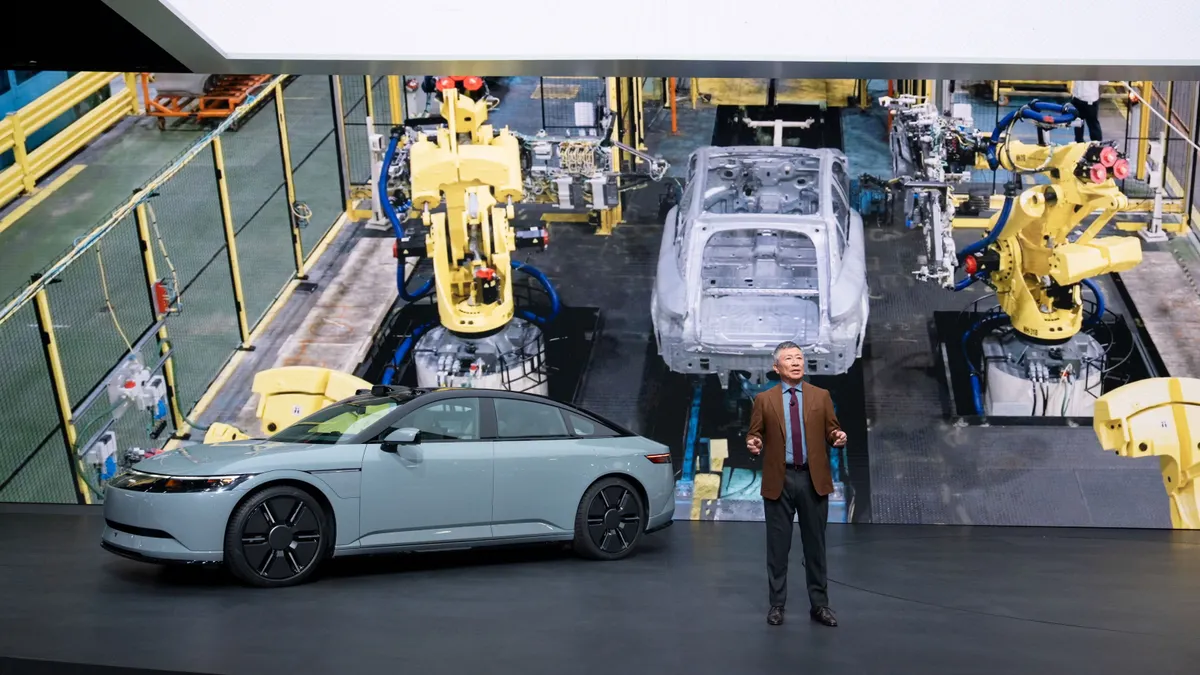Editor's note: This story is part of the WardsAuto digital archive, which may include content that was first published in print, or in different web layouts.
BRUSSELS – It might seem unusual for European auto makers to welcome another layer of European Union legislation. But they say they’re happy to see proposed tougher minimum mandatory requirements for technical checks on cars and commercial vehicles across the 27-member bloc.
Auto makers support the law proposed by the European Commission, the EU’s executive body, on vehicle roadworthiness.
“It seems to make sense that periodic technical inspection is harmonized across the EU member states, because it’s the same technology, the same kind of vehicles which have been type-approved for, and they should be tested in the same way,” says Erwin Kirschner, director- technical affairs at the Brussels-based ACEA auto manufacturing group.
Kirschner makes his remarks during a hearing organized by the European Parliament’s committee on transport and tourism, which is reviewing the measure ahead of a May vote.
The proposal sets new common minimum standards for vehicle deficiencies, the testing equipment to be used and the training of testing inspectors. It requires the testing of antilock-braking and electronic-stability-control systems, for which inspections currently are not mandatory.
The rules governing technical vehicle checks in the EU date back to 1977 and have seen only minor updates since then. They demand relatively few tests and ignore some new technology.
“We needed to review that fundamentally,” Olivier Onidi, director-innovation and sustainable mobility of the EC’s directorate-general for transport, tells lawmakers during the hearing.
“The harmonization of (periodic technical inspections) in all EU member states means that the items to be inspected and the methods of inspection should be the same,” ACEA’s Kirschner says. He notes the ACEA supports harmonization of the way car defects are defined and test assessments are judged throughout the EU region.
Auto makers are willing to provide inspecting authorities with information on the best methods for testing ABS or ESC systems, he says.
“Harmonized central data information exchange should be the future,” Kirschner adds, referring to the idea of a central database where technical information on all cars registered in the EU and results of their inspections would be recorded.
The proposed legislation, if approved, would require member countries to create national electronic registers containing this information as a first step toward creating a Europe-wide database.
The EC has indicated it will seek authorization for this database as a follow-up to the current proposal, saying it could help verify odometer data.
“Studies show that around 30% to 40% of (EU cars’ odometers) could be tampered with,” says Laurianne Krid, policy director at the International Automobile Federation, which represents motorists around the world.
She tells the hearing the database would help reduce these discrepancies, even though it would not completely solve the problem.
If approved by EU ministers and the European Parliament, the roadworthiness legislation would increase the frequency of technical inspections for cars at least six years old from the current schedule of every other year to every year.
Cars at least four years old would be tested after two years, but annual testing would be mandatory for cars of at least four years old that have been driven some 99,000 miles (160,000 km).
“Between five and six years, the number of serious accidents related to technical failure increases dramatically,” the EC says in a memorandum on the proposal.
“All the provisions (of the legislative proposal) should be seen as minimum harmonized standards that are necessary to reap the benefits of our single market and comply with our transport policy,” the EC’s Onidi says, noting EU countries could impose even stricter rules if they choose.
At the same time, the EU’s minimum requirements would prevent individual countries from adopting rules giving them unfair economic advantages.
These changes would come at a cost: Some countries would have to invest in testing equipment mandated by the EU and ensure inspectors were trained to perform the checks.
Britain’s Department for Transport already has calculated that it would cost its government £1.2million ($1.9 million) to implement the legislation in its current form for the first five years of regulation. The exact date for the proposed legislation to take effect, however, is uncertain.



















